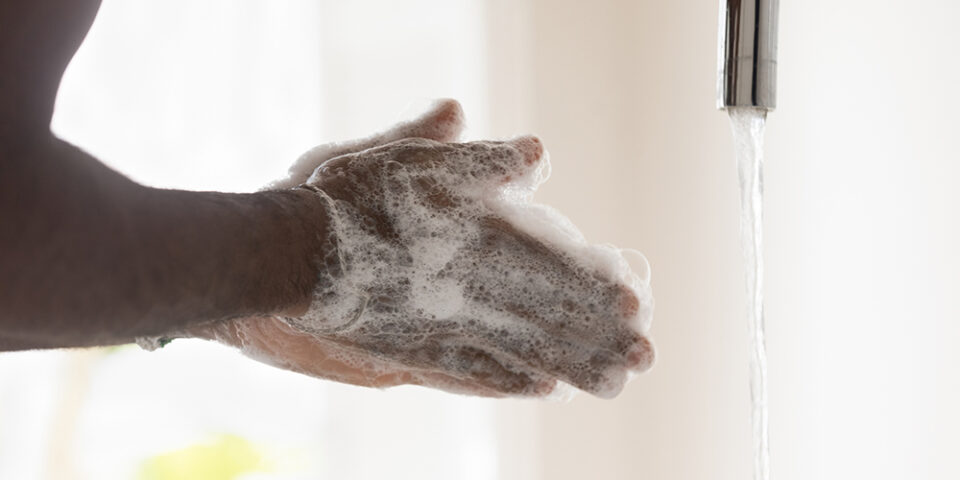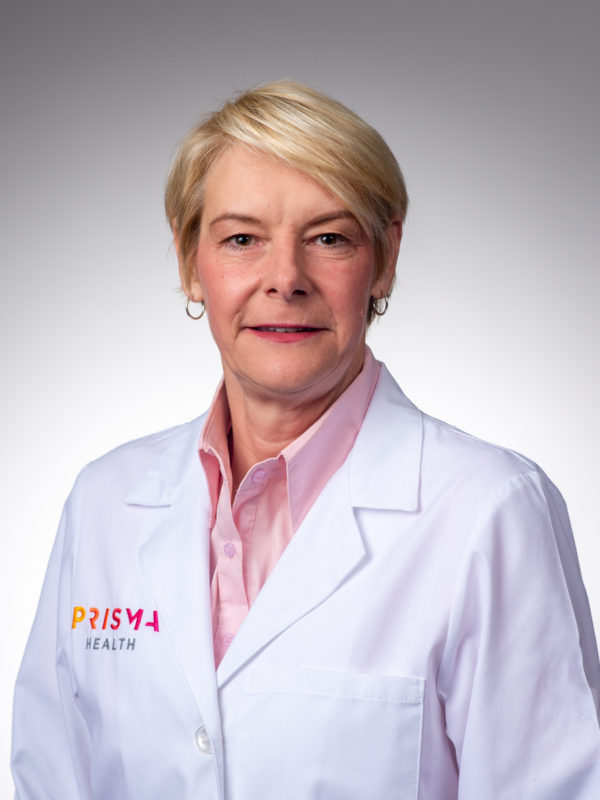How to prepare for respiratory illness season
Respiratory illness season is back, which means more cold, flu, RSV and COVID. Sandra Hardee, MD, explained how to know the difference between these illnesses and what you can do to reduce your chance of catching them.
How can you tell the difference between cold, flu, COVID and RSV?
“It’s difficult to tell what may be going on because there’s so much overlap between these illnesses,” said Dr. Hardee. “In general, people feel worse with flu and COVID and they have much more secretions and respiratory symptoms with RSV. Folks with the common cold tend to not have a fever, but getting tested is really the best answer to know for sure.”
How can you prevent respiratory illnesses?
The number one defense against catching a respiratory illness? Handwashing. Using hand sanitizer is also effective. Other steps you can take include:
- Get vaccinated against respiratory viruses.
- Mask, when appropriate.
- Avoid sharing food and shaking hands.
- Focus on good nutrition and hydration.
- Get sufficient sleep.
- If you get sick, stay home to prevent spreading it to others.
“One of the things that’s most important to remember is that viruses that cause the common cold, RSV, COVID and the flu cannot be treated with antibiotics,” Dr. Hardee said. “Many people think if they can just get a Z-pak, they’ll be fine, but that’s not how we treat viruses.”
Antiviral medications are available that can treat the flu and COVID infections – and can even help with RSV – but they have to be started within the first 48 to 72 hours of the onset of symptoms. See a health care provider as soon as possible so you can be tested.
Are there foods that can help ward off or fight respiratory illnesses?
“Great nutrition is going to make us healthy overall,” Dr. Hardee said, “but there are ways to boost your nutrition that specifically help with the prevention of infection.”
Here are some foods that can help as respiratory season hits:
- Foods with vitamin C, such as citrus fruits and vegetables like broccoli and squash, may boost your immune system.
- Live culture yogurt helps gut health and promotes a healthier immune system.
- Pumpkin seeds are packed with zinc which may help prevent and relieve cold symptoms.
- Chicken soup can help slow down a cold. “Even though we always think of that as an old wives’ tale, chicken soup has been shown specifically to help slow down the cells of the common cold and will help you feel better,” Dr. Hardee said.
- Honey can tame a nagging cough for those who are older than one year.
The good news about vaccines
A vaccine for RSV is available this year, which means protection is available for the three main respiratory illnesses. Here is a quick overview.
- The RSV vaccine is a seasonal vaccine that will be recommended yearly for those under the age of eight months and over the age of 60. There are two RSV vaccines licensed by the FDA for use in adults 60 and older in the U.S. – Arexvy and Abrysvo.
- The flu vaccine changes every year based on the most common flu strains circling the globe. This shot is recommended every year for everyone over the age of six months.
- The COVID vaccine, like the flu, is expected to be offered yearly and based on the most common variants seen that season. This is available for everyone over the age of six months.
- A pneumonia vaccine, which is not yearly, is also available for those who meet the criteria. In general, this is for those over the age of 65 or who are at high risk for severe infection, such as someone who is immunocompromised or with severe lung disease.
Can you get the flu, COVID and RSV vaccines at the same time?
The flu and the COVID vaccines can be obtained at the same time. The RSV vaccine can be obtained a couple weeks before or after, whichever you prefer.
What do we know about the new RSV vaccine?
The RSV vaccines have been 50 years in the making and involved clinical trials that included over 40,000 people. Both vaccines have been found to be safe and effective when it comes to preventing severe infections with this respiratory illness, but it’s not known yet how long the protection provided by them will last.
Find the care you need, close to home
Our primary care physicians provide well visits and everyday care when you need it with compassion and expertise.
Find Primary Care Near You

